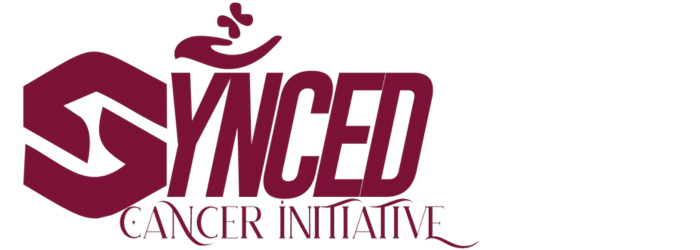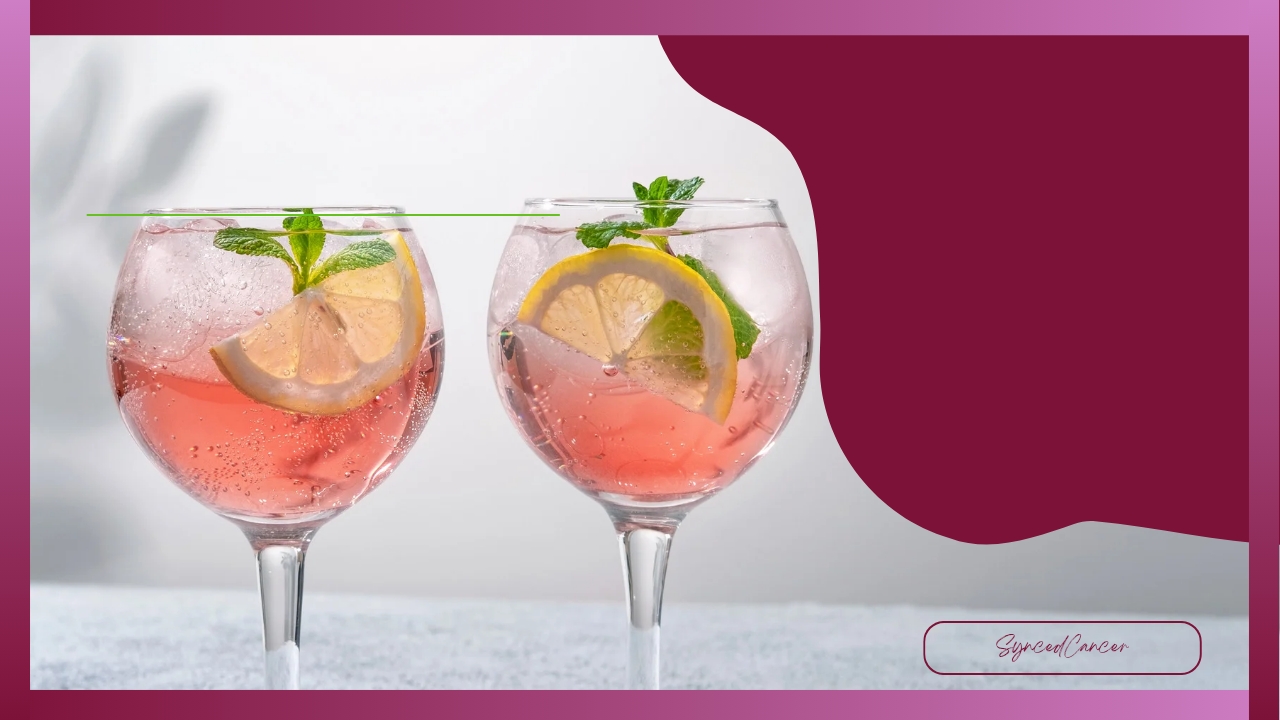Picture this: you’re at a party, drink in hand, chatting with friends, and the vibe is immaculate. But just as you’re about to refill your glass, a little voice in your head whispers, “Wait, could this be bad for me?” Well, turns out that little voice might be onto something—and it’s not just a buzzkill.
A new report from the U.S. Surgeon General is making waves by highlighting the link between alcohol consumption and cancer. Yes, you read that right: cancer. And doctors are all for it—even asking for cancer warning labels on your beloved wine, beer, and cocktails. Imagine seeing “This drink may cause cancer” on your favorite bottle of wine. It’s giving big tobacco vibes.
According to the report, alcohol is connected to seven types of cancer, including cancers of the mouth, throat, esophagus, larynx, liver, breast, and colon.
The American Medical Association (AMA) has been shouting this from the rooftops for years, but apparently, it’s not landing with the public. Bruce Scott, president of the American Medical Association (AMA), came through with a mic-drop moment, saying, “Alcohol consumption at any level — not just heavy drinking — is a modifiable risk factor for cancer.” Even that occasional glass of wine is not off the hook. Yet, despite decades of evidence, a lot of people still don’t know about alcohol’s link to cancer.
A new report showed that 66.7% of adults currently drink alcohol, with more men (75.7%) than women (58.8%) raising their glasses. But here’s the problem: Most people don’t realize that alcohol can lead to cancers of the mouth, throat, esophagus, larynx, liver, breast, and colon. Yes, breast cancer is on the list too. Doctors are out here saying, “We have not done a good job with public health messaging about alcohol.” You think?
What Level of Drinking is Safe?
When you drink, your body breaks down alcohol into a compound called acetaldehyde. Sounds fancy, but it’s not your friend. This compound can damage your DNA and proteins, creating a breeding ground for cancer. Add in alcohol’s tendency to mess with hormone levels and its ability to make your body absorb other carcinogens (hello, tobacco smoke), and you’ve got a recipe for trouble.
The World Health Organization (WHO) doesn’t mince words about this. Their stance? No amount of alcohol is safe. Even that “once-in-a-while” glass carries some level of risk. Research backs this up: a 2020 study found that women who consumed less than one drink per week still had a 17% lifetime risk of alcohol-related cancers. That number jumps to 22% for those drinking two drinks daily. For men, the stats are slightly better but still alarming—10% risk for light drinkers and 13% for daily drinkers.
Paul Gilbert, an associate professor at the University of Iowa College of Public Health, said it best: “The safest thing for all sorts of health outcomes, not just cancer, is no alcohol consumption. But, let’s be real, not many people go that route because alcohol is such a central part of our social and cultural customs.” Facts.
Is Any Type of Alcohol Safer?
Nope. Whether it’s liquor, beer, or wine, the alcohol itself is the problem. What’s more, drinks like spiked seltzers and teas can be deceptive. Dr. Kenneth Nahum warns that people often treat these trendy drinks like soft drinks, not realizing how much alcohol they’re consuming.
How Does Alcohol Stack Up Against Other Cancer Risks?
Alcohol is the third leading preventable cause of cancer in the U.S., right behind tobacco and obesity. According to the Surgeon General’s report, alcohol is linked to nearly 100,000 cancer cases and 20,000 cancer deaths annually. If you’re still not convinced, know this: The WHO’s International Agency for Research on Cancer has labeled alcohol as a “Group 1” carcinogen. That’s the same group as tobacco, asbestos, and radiation.
What About The “Health Benefits” Of Alcohol?
An argument: “But red wine is good for my heart!” Yes, some studies have suggested that moderate drinking—especially red wine—might have health benefits. Antioxidants, they say. But many doctors and scientists aren’t buying it. Dr. William Dahut from the American Cancer Society said, “A lot of that has been difficult to validate in further studies.” And even if there are minor benefits, they don’t outweigh the cancer risks. So, no, your doctor isn’t going to tell you to start drinking for your health.
Can Someone Undo the Damage After Quitting Alcohol?
Here’s where it gets tricky. Compared to smoking, there’s less research on how quickly your cancer risk drops after you stop drinking. For smoking, we know that quitting for 10 years can cut your lung cancer risk in half. But with alcohol, the story isn’t as clear. Some studies suggest that even a dry January can improve your weight, blood pressure, and cholesterol levels, but cancer risk? That’s a longer game.
Dr. Frances Lee, a hepatologist at Mount Sinai, says it can take at least 20 years after quitting for your liver cancer risk to drop to the level of someone who’s never drunk. And if you’ve been a heavy drinker with a family history of cancer, the damage may be harder to undo.
The Surgeon General’s Call to Action
Let’s not hold our breath. While the warning labels and recommendations are a step in the right direction, experts say it’ll take time to shift public perception. That said, younger adults are already drinking less than previous generations, possibly because they’re socializing less or opting for other substances like edibles.
At the end of the day, the Surgeon General’s report is about giving people the information they need to make informed choices. Whether you’re sipping wine at dinner or partying with shots, just know the risks. As they say, knowledge is power — and in this case, it’s the power to live a healthier, longer life.
References
NBC News – www.nbcnews.com/health/cancer/cancer-warning-alcohol-overdue-doctors-surgeon-general
Accessed 8th January, 2025











Pingback: Impact of Chemotherapy on the Heart - Syncedcancer - 2025
Pingback: Breast Cancer Kills, but Awareness and Action Can Save Lives